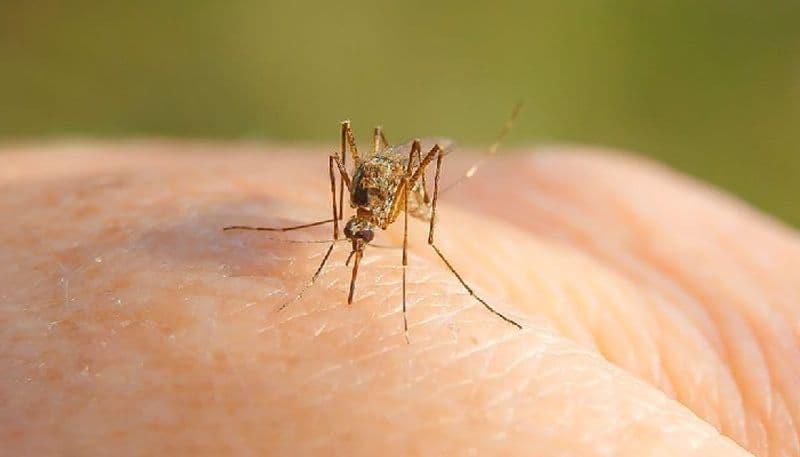
Kerala: What Is West Nile Fever Spreading In 3 Districts? Know Symptoms, Precautions, And More
What is West Nile?
West Nile is an infectious disease spread by the Culex mosquito. About one in every five people experiences symptoms such as fever, rash, and muscle aches. West Nile can occasionally cause severe brain and spinal cord inflammation (encephalitis and meningitis). The virus shows same symptoms as Japanese fever, however, it is not as dangerous as Japanese fever.
The West Nile Fever is mainly transmitted by mosquitoes. The virus was first discovered in 1937 in Uganda. In Kerala, the disease was first reported in 2011.
Symptoms:
The main symptoms include headache, fever, muscle aches, dizziness, and memory loss. Most people do not show any symptoms. Some people experience symptoms like fever, headache, vomiting, and itching. However, the death rate is low as compared to other disease.
Prevention and treatment:
As there is no medicine or vaccine available against West Nile virus. Avoiding mosquito bites is the best option for prevention. Wearing clothes that cover the body,
using mosquito nets, applying mosquito repellent ointments, using mosquito nets and electric mosquito repellent devices are some of the effective methods of prevention.
West Nile virus is primarily transmitted to humans through the bite of infected mosquitoes, particularly mosquitoes of the Culex species. These mosquitoes become infected after feeding on birds that carry the virus. While birds are the primary reservoir for the virus, humans and other mammals can become infected if bitten by an infected mosquito. West Nile virus is not directly transmitted from person to person, except in rare cases through organ transplantation, blood transfusion, breastfeeding, or from mother to baby during pregnancy or childbirth.
Legal Disclaimer:
MENAFN provides the
information “as is” without warranty of any kind. We do not accept
any responsibility or liability for the accuracy, content, images,
videos, licenses, completeness, legality, or reliability of the information
contained in this article. If you have any complaints or copyright
issues related to this article, kindly contact the provider above.
















Comments
No comment